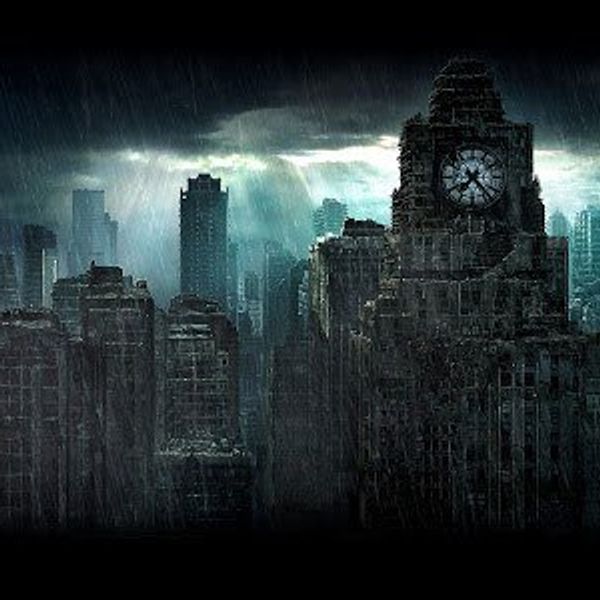Recently, I have been reading the MaddAddam series by Margaret Atwood, an author I personally hold close to my heart as an artistic inspiration and role model. I had been looking into a few interviews that she had done where she claimed that she wasn't a Science Fiction writer, which baffled me. Her most famous novel, being The Handmaid's Tale, a story depicting what would happen to America if democracy had been replaced with a religiously overbearing and intolerant government. So what would she call her style of writing?
Atwood actually refers to her style as Speculative Fiction. She does that because many of the events she has written about could happen in the future or may have already happened somewhere else in the world-- which would not make it Science Fiction. Think of some place in the world that has an oppressive religion-based government. How about North Korea, Saudi Arabia, and Iran? They are all countries that control the masses by means of controlling religion. One article explains that Science Fiction is "fiction in which things happen that are not possible today".
So, what actually goes in to writing speculative fiction? In Atwood's eyes, Speculative Fiction is searching for a "seed" of some sort in society, such as an over powerful government in The Handmaid's Tale, or society's obsession with perfection in the case of the MaddAddam series mentioned earlier. That seed should be something that is nuanced in today's society, but could have the potential to be much worse. It is then followed to its "logical conclusion", which would be what happened if the seed continued to grow and flourish into something overtly malicious.
Most dystopian literature can be considered Speculative Fiction, rather than SciFi, because of its roots in today's life. Atwood has gathered all of her thoughts about Science Fiction and put it into a book called Other Worlds: SF and the Human Imagination. If you are more interested in the topic or are just a fan of Atwood, like myself, I encourage you to pick it up somewhere. I believe that understanding what we are reading and what inspired it is an important part of making lasting connections with literature.





















